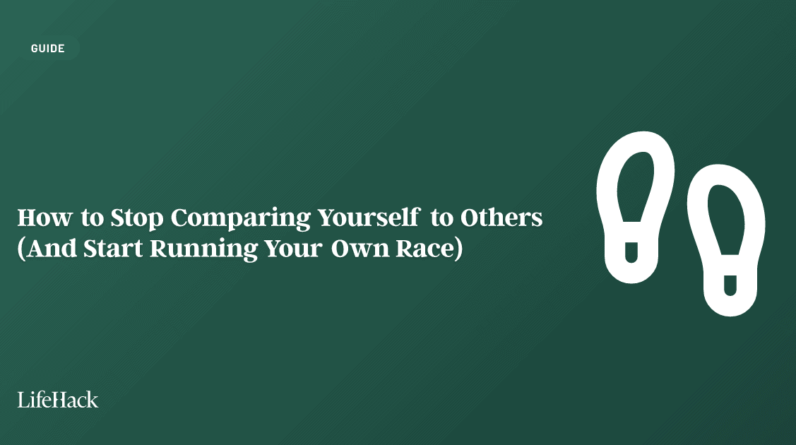
As our understanding of mental health continues to evolve, we find ourselves at a crossroads between combinations of traditional therapeutic modalities and innovative interventions.
While, of course, talk therapy and traditional therapeutic models all have their place, new research indicates that our lifestyle choices can play a significant role in how we feel.
In fact, Nutritional Psychiatry has emerged as a leading field in this area, exploring how nutrition and mental health relate and intertwine.
- But what exactly is Nutritional Psychiatry?
- Can the food we consume impact our mental well-being?
In this article, we explore the fascinating intersection between our diet and the brain—and unravel the potential of Nutritional Psychiatry in building a healthier and happier mind.
What is the Role of Nutrition in Mental Disorders?
The intricate relationship between what we eat and how we feel has been the subject of curiosity for centuries.
Recent advances in research have amplified this intrigue as scientists delve deeper into the tangible impacts of nutrition on our mental health.
So, what role does nutrition play in mental disorders?
The Gut-Brain Connection
The gut-brain connection is the connection between our microbiome (the bacteria in our gut that help digest our food) and our nervous system. In fact, our gastrointestinal system is often referred to as our “second brain.”
Surprisingly, nutritional imbalances, or deficiencies, can disrupt this connection and the communication networks between the gut and brain, leading to symptoms commonly associated with mood disorders.
For instance, a deficiency in essential fatty acids can impact neurotransmitter function, potentially manifesting as depression or anxiety. In fact, studies suggest taking fatty acid supplementation or eating more fatty acid-rich foods (like fatty fish) may contribute to reduced depression symptoms.
Related Article: Coffee and Your Gut Health: Is it Friend or Foe?
Neurotransmitter Regulation
Nutrients, such as amino acids, vitamins, and minerals, are vital for synthesizing and functioning various neurotransmitters, also known as the brain’s chemical messengers.
For example, serotonin, a neurotransmitter often linked with happiness and well-being, is primarily synthesized from the amino acid tryptophan. This amino acid can be found in foods like turkey, eggs, and cheese. Yet, a diet with low tryptophan may hinder serotonin production, impacting mood and emotional regulation.
Inflammation and Mental Health
Growing evidence suggests that chronic inflammation might be a significant player in various mental health disorders.
Poor nutrition, particularly a diet high in processed foods and sugars, can exacerbate inflammation. Conversely, anti-inflammatory foods like berries, fatty fish, and leafy greens can potentially mitigate some of the symptoms linked to mental disorders.
Is Nutritional Psychiatry Real?
With growing evidence, Nutritional Psychiatry is gaining more and more recognition as a beneficial mental health treatment strategy. While more research needs to be done, the current evidence is promising. Plus, there’s no doubt that what we eat impacts how we feel.
So, let’s take a closer look at this revolutionary approach to mental health care.
How Does Nutritional Psychiatry Work?
The truth is that the food industry looks very different than it did 100 years ago. And this is evident in the growing percentage of the population that is overweight and obese, as well as the growing numbers associated with diabetes, heart disease, and more.
Nutritional Psychiatry focuses on how the food we eat impacts our mental health. It takes into account one of the most important aspects of mental wellness—one that is often ignored or neglected. Most importantly, Nutritional Psychiatry helps you learn how to use food as a tool to enhance your mental health.
At its core, Nutritional Psychiatry investigates the relationship between dietary patterns and mental health. The foundation rests on the premise that what we consume directly affects brain health and function.
From the proteins we ingest that become the building blocks for neurotransmitters to the fats that comprise a large portion of our brain’s structure, every food choice has potential implications.
What to expect from working with a Nutritional Psychiatrist
Working with a Nutritional Psychiatrist, you’ll:
- Learn how poor and good dietary choices impact your gut microbiome and how this cascades, impacting your mood.
- Tune into how you feel before and after eating certain foods.
- Discover how nutrient intake influences brain structure and mood regulation.
- Build personalized nutritional approaches to help improve your mental health.
Some are even dubbing Nutritional Psychiatry as, “the future of mental health treatment.”
In many ways, civilizations have known this for thousands of years. Hippocrates, a Greek physician, even once said, “All disease begins in the gut,” and mental health diseases or disorders are no exception to this.
While still growing, Nutritional Psychiatry’s potential to reshape our understanding of mental health care is immense, emphasizing the importance of holistic wellness and the profound interplay between our plates and our minds.
Related Article: 9 Things That Aren’t Helping Your Mental Health
Intersecting Diet and Mental Well-Being
While nutrition is by no means an end-all, be-all treatment for mental disorders, its role is undeniable. A balanced and nutritious diet can support your mental well-being and other treatment strategies, too.
As our understanding of Nutritional Psychiatry grows, it paves the way for more holistic approaches to mental health care—ones where we consider both the mind and the body together as opposed to separate entities.
Read Next: Have You Ever Wondered How Much Your Diet Affects Your Mental Health?
Updated from Oct 11, 2023







